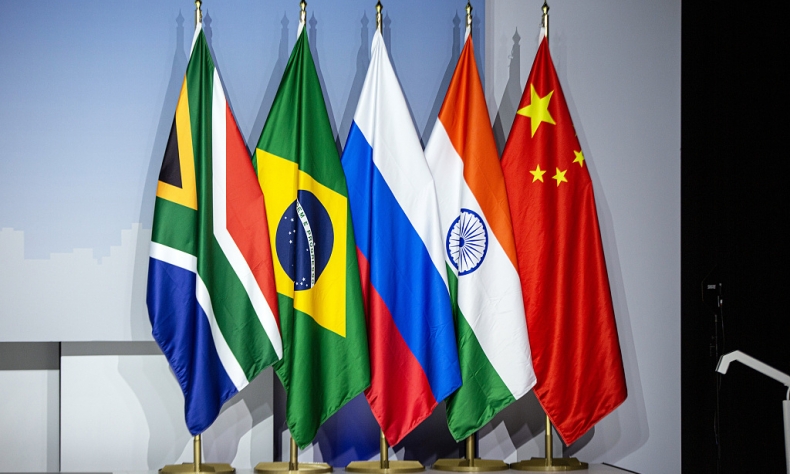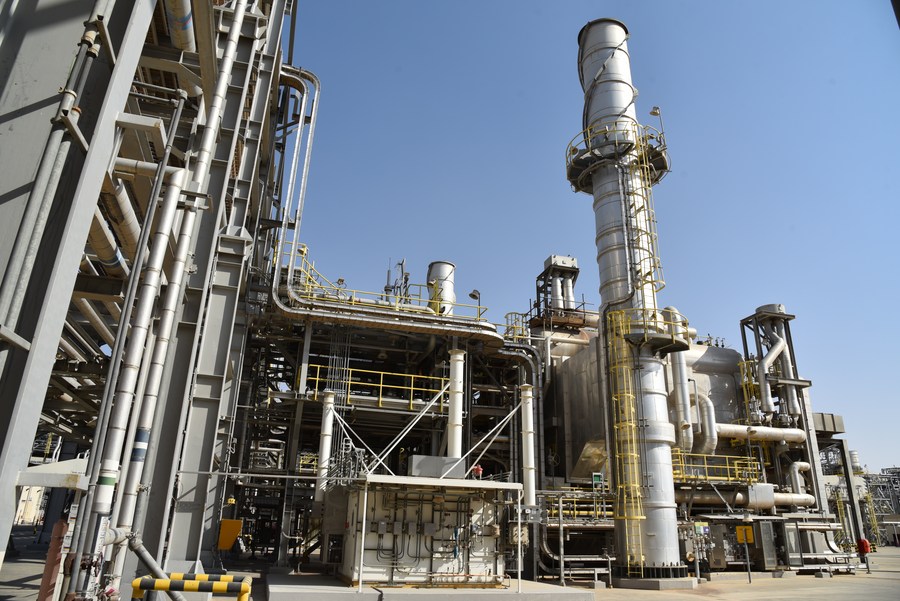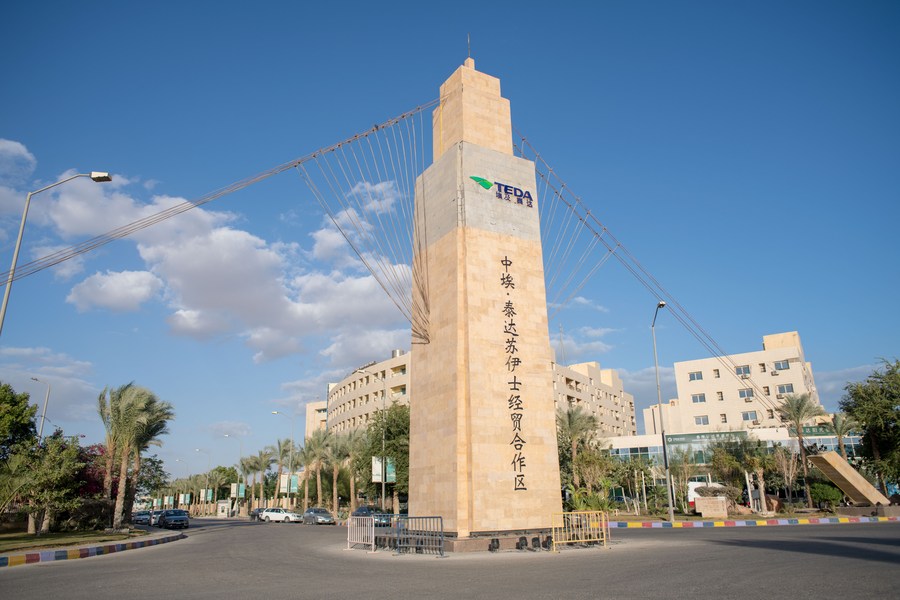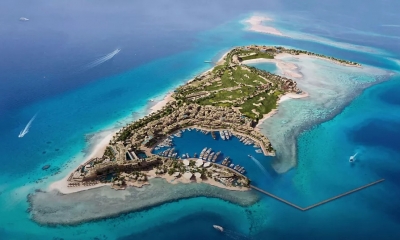BRICS Expansion in Middle East Presents Both Opportunities and Challenges

To navigate these challenges successfully, adept diplomacy and consensus-building will be paramount.
The BRICS, consisting of Brazil, Russia, India, China, and South Africa, has played a significant role in shaping the global economic and political landscape. The BRICS, initially formed as an acronym to represent emerging markets, has evolved into a platform for cooperation in various areas. The expansion of BRICS to include Saudi Arabia, UAR, Egypt, Ethiopia, Argentina and Iran involves geopolitical considerations, economic potential, and regional dynamics. This essay explores the prospects, challenges, and potential benefits of incorporating these three Middle Eastern countries into BRICS.
Saudi Arabia’s inclusion in BRICS brings forth significant economic and geopolitical considerations. As the world’s largest oil producer and a major player in the global energy market, Saudi Arabia holds substantial economic significance. Its vast oil reserves, combined with a growing non-oil sector, position it to make a considerable contribution to the collective economic strength of the BRICS. This economic prowess could lead to increased trade, investment opportunities, and overall economic growth among BRICS members.
From a geopolitical standpoint, incorporating Saudi Arabia into BRICS could provide a means to rebalance regional dynamics, particularly in the Middle East. Saudi Arabia’s notable regional influence in the Middle East and Arab world would enable BRICS to engage more effectively with other Arabian countries in the region. This engagement could be instrumental in promoting stability and cooperation in a region that has long been marred by conflict and tensions.

Saudi Arabia is embarking on a remarkable journey towards economic diversification, a significant step towards ensuring its long-term economic sustainability. It signifies a bold commitment to breaking away from oil dependence with Crown Prince MBS Vision 2030. The determination to diversify the economy is a commendable move, highlighting Saudi Arabia’s forward-thinking approach to adapt to changing global economic dynamics. This endeavor will require continuous dedication and substantial investments, showcasing the nation’s readiness to embrace innovation and reform.
These challenges, far from being setbacks, demonstrate the multifaceted nature of Saudi Arabia’s inclusion in BRICS. It’s a testament to the country’s resolve to evolve and thrive in a rapidly changing world. As Saudi Arabia takes these transformative steps, it becomes even more crucial for all stakeholders to engage in careful deliberation and diplomacy, fostering collaboration and understanding among BRICS members.
Saudi Arabia’s pursuit of economic diversification is a positive and necessary development, reflecting its commitment to a sustainable and resilient future. While there may be short-term adjustments, the long-term benefits for both the nation and the BRICS bloc are evident. As we navigate these changes, let us appreciate Saudi Arabia’s ambition and embrace the opportunities it brings to the BRICS partnership.
The potential inclusion of Egypt and Iran in BRICS holds significant geopolitical and economic promise. Egypt, a pivotal player in the Middle East and North Africa region, offers a strategic location and historical importance that could bolster BRICS’ engagement in the Arab world and enhance its ability to navigate regional conflicts effectively. Economically, Egypt’s large population, emerging market status, and growth prospects make it an appealing candidate, introducing diversity to BRICS’ economic landscape. Furthermore, Egypt’s participation could spur infrastructure development, particularly in the Suez Canal region, facilitating global trade routes.

Iran, as a key player in the Middle East, brings substantial geopolitical influence and economic potential to the table. With its sizable population and abundant energy resources, Iran has the potential to significantly contribute to BRICS’ economic strength. The alleviation of sanctions and increased trade with Iran could be mutually beneficial for all BRICS members. Additionally, Iran’s energy resources could enhance BRICS’ energy portfolio, reducing reliance on other sources and bolstering global energy security.
Indeed, the inclusion of Egypt and Iran into BRICS is an exciting prospect, albeit one that comes with its share of challenges. It is essential to acknowledge these challenges while maintaining a positive outlook. To navigate these challenges successfully, adept diplomacy and consensus-building will be paramount. Managing potential differences arising from differing political systems and values among BRICS members and new additions from the Middle East will require skillful negotiation and open dialogue. Furthermore, addressing the intricacies of Iran’s sanctions and their impact on relations with Western powers calls for a delicate approach, focusing on cooperation and diplomacy.
The inclusion of Saudi Arabia, Egypt, and Iran in BRICS presents both opportunities and challenges. Economically, these nations have the potential to significantly enhance the bloc’s strength and diversity. Geopolitically, their involvement could contribute to regional stability and address key global issues. However, their varying political systems, sanctions-related challenges, and the need for economic diversification pose obstacles to integration.
Ultimately, the decision to expand BRICS should consider a nuanced approach that balances economic benefits with geopolitical realities. It should also involve dialogue and negotiation among the existing members and the prospective additions to ensure a harmonious and productive collaboration that benefits not only the BRICS nations but also the broader global community.
The article reflects the author’s opinions, and not necessarily the views of China Focus.
 Facebook
Facebook
 Twitter
Twitter
 Linkedin
Linkedin
 Google +
Google +




